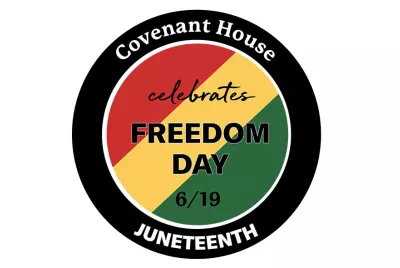Barriers to Voting for Youth Experiencing Homelessness

Youth experiencing homelessness face a number of barriers to voting that disenfranchises them from the process. A recent article in Newsweek, “The Potential Voters Everyone Forgets,” details the challenges, both physical and mental or emotional, that many homeless people face. Here are some of the key challenges included in the story.
- No fixed home address: Homeless people can use a shelter address or even a street corner or park that they inhabit as their home address on their voter registration form. They can register and vote in all 50 states, so those interested in voting can reach out to their local election officials or homeless shelter for more information.
- No time: Finding the time to participate in civic processes while having the “full-time job” of being homeless is another restraint, Dave Giffen, executive director of the Coalition for the Homeless in New York, told Newsweek via video call. "I don't think there's any harder or busier job than being homeless and trying to overcome homelessness," he said.
- Politically disenfranchised: "When you're economically disenfranchised, perhaps socially disenfranchised, it's hard not to feel politically disenfranchised as well," Giffen said. "So, there's that feeling that the system is not friendly to you, it's throwing up obstacles to your attempts to participate in the civic processes and for a lot of people that just means that they don't exercise their right to vote."
At Covenant House, those physical and emotional barriers are what we help youth in our care overcome. We provide them with rigorous, holistic, mental and physical health care, so they can achieve stability in their lives.
Breaking down these barriers is a crucial step to amplifying the voices of young people who have experienced homelessness. Homeless youth face complex challenges, such as lack of stable housing, limited access to voter education, and insufficient healthcare, which need to be addressed through informed policy decisions. Their voices are critically important.
Covenant House’s new voter engagement initiative is designed to show them that they do have the ability to make their voices heard. We want to make sure that every youth can exercise their constitutional right to vote, and can do so in an informed way to make the needs of their community heard.
If you or someone you know is experiencing homelessness, here is a step-by-step voting guide from the U.S. Interagency Council on Homelessness.
Read the full Newsweek article here.


